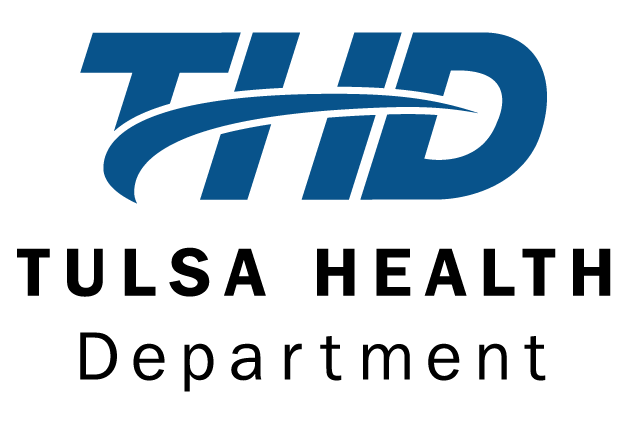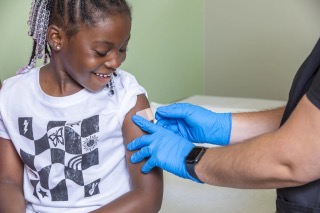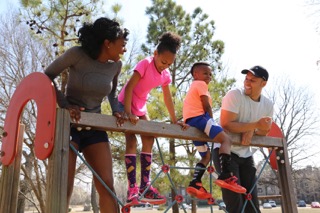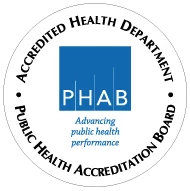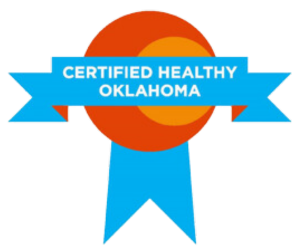TULSA, OK – [May 29, 2013] – As graduations are celebrated and summer vacations begin the Tulsa Health Department’s Regional Prevention Coordinator program reminds parents of Oklahoma’s social host law which makes it is a crime to provide a location for underage to consume alcohol.
“Minors who consume alcohol most frequently do so at home or at a friend’s home with an adult providing the beer or liquor. Some parents justify underage drinking with the assumption that their home is a safe place for minors to imbibe. However, serious and even fatal accidents and other risky behavior can still happen,” said RPC Coordinator Marianne Long. “No parent has the right to make that decision for another parent. Under the Oklahoma Social Host law, an adult who allows minors to drink is subject to fines starting at $500. Violations resulting in injuries or death are punishable in prison with a fine between $2,500 and $5,000.”
RPC has developed a priority of preventing underage drinking and works with law enforcement to conduct alcohol compliance checks to determine which business may sell or serve alcohol to minors. The program also works to bring public awareness of the social host law. Additionally, RPC works with local schools in the 2Much2Lose (2M2L) program to develop student leadership in substance abuse prevention, and it is active in the Youth to Youth (Y2Y) program, a summer camp for youth leadership development in environmental strategies to bring healthy change to communities.
Recently the results of the 2012 Oklahoma Prevention Needs Assessment (OPNA) were released. The survey is designed to assess students’ involvements in a specific set of problem behaviors, as well as their exposure to a set of scientifically validated risk and protective factors. These factors have been shown to influence the likelihood of academic success, school dropout, substance abuse, violence, and delinquency among youth. Risk factors include such things as low neighborhood attachment, family history of anti-social behavior, family conflict, friends use and attitude toward drugs, gang involvement, depressive symptoms to mention a few.
47.1% of 12th grade participants in Tulsa County were found to have low neighborhood attachment, 39.4% family anti-social behavior, 36.1% family conflict, 39.2% friend’s use of drugs, 6.1% gang involvement, and 36.6% depressive symptoms. Of this same age group, 69.5% report having had alcohol (more than a few sips and on more than one occasion) in their lifetime and 43.3% had engaged in drinking alcohol in the 30 days before the survey was administered. Further, 27.4% had ridden with a drinking driver and 18% had driven after drinking in the 30 days before the survey.
Oklahoma Prevention Needs Assessment
Every two years the OPNA is offered to grades 6, 8, 10, and 12 across the state. The survey is designed to assess students’ involvements in a specific set of problem behaviors, as well as their exposure to a set of scientifically validated risk and protective factors. These factors have been shown to influence the likelihood of academic success, school dropout, substance abuse, violence, and delinquency among youth. Risk factors include such things as low neighborhood attachment, family history of anti-social behavior, family conflict, friends use and attitude toward drugs, gang involvement and depressive symptoms.
Coordination and administration of the OPNA is a collaborative effort of the Regional Prevention Coordinators, Office of the Governor, Oklahoma Department of Mental Health and Substance Abuse Services (ODMHSAS), Oklahoma State Department of Health, and the Oklahoma Department of Education. Funding for this survey is provided by U.S. Department of Health and Human Services, Substance Abuse and Mental Health Services Administration, and the Center for Substance Abuse Prevention and is administered by ODMHSAS.
Regional Prevention Coordinators
Regional Prevention Coordinators is a grant funded program established to reduce the rates for underage drinking, adult binge drinking, and the non-medical use of painkillers within Tulsa County. The work of RPC is to focus on population-level change in Tulsa County by assisting communities in determining the substance abuse problems affecting their constituents and the most effective strategies to address these problems. RPC works with local coalitions and stakeholders to gather data, track trends, and provide training and technical assistance within the community. Additionally, RPC provides support for town hall meetings and assists with local alcohol and tobacco compliance operations.
For more information regarding the Oklahoma Prevention Needs Assessment or the Regional Prevention Coordinator (RPC) program at the Tulsa Health Department, please click here.
